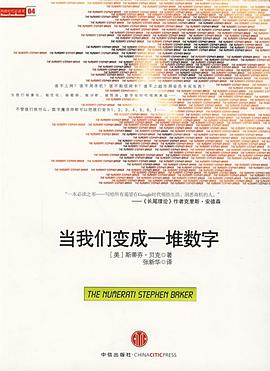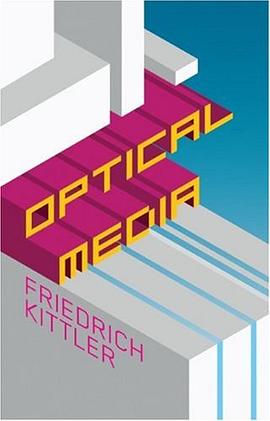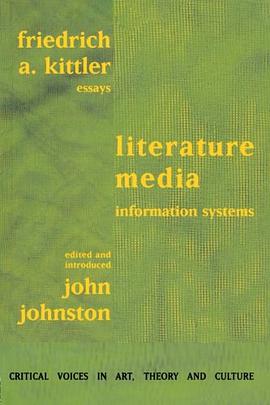Amazon.co.uk Review
In the post-war period, the CIA funded not just the right-wing bits of European intellectual life but also the centre, in order to detach intellectuals from the Left, and this book tells us how. It is touching on the career of Michael Josselson, the principal intellectual bagman who in 1950 became the Congress' Administrative Secretary, and his eventual betrayal by various people like Stephen Spender who scapegoated him. Sanders demonstrates that, in the early days, the Office of Strategic Services (OSS) and the emergent CIA were less dominated by the far right than they later became, and that the idea of helping out progressive moderates--rather than being Machiavellian--actually appealed to the men at the top.
Many intellectuals were still drawn to Stalin's Russia. Saunders superbly traces the crisis of conscience that McCarthyism and its associated bookburning in US libraries caused, and the subsequent rise of more moderate ideals. Saunders does not discuss the way the cult of Kennedy grows out of the same soil as a lot of this stuff--he was an excuse to love America after all. This is an exhaustive account, which, despite neglecting some important side issues, is an essential book. --Roz Kaveney --This text refers to an out of print or unavailable edition of this title.
Synopsis
During the Cold War, writers and artists were faced with a huge challenge. In the Soviet world, they were expected to turn out works that glorified militancy, struggle and relentless optimism. In the West, freedom of expression was vaunted as liberal democracy's most cherished possession. But such freedom could carry a cost. This book documents the extraordinary energy of a secret campaign in which some of the most vocal exponents of intellectual freedom in the West were instruments - whether they knew it or not, whether they liked it or not - of America's secret service.







